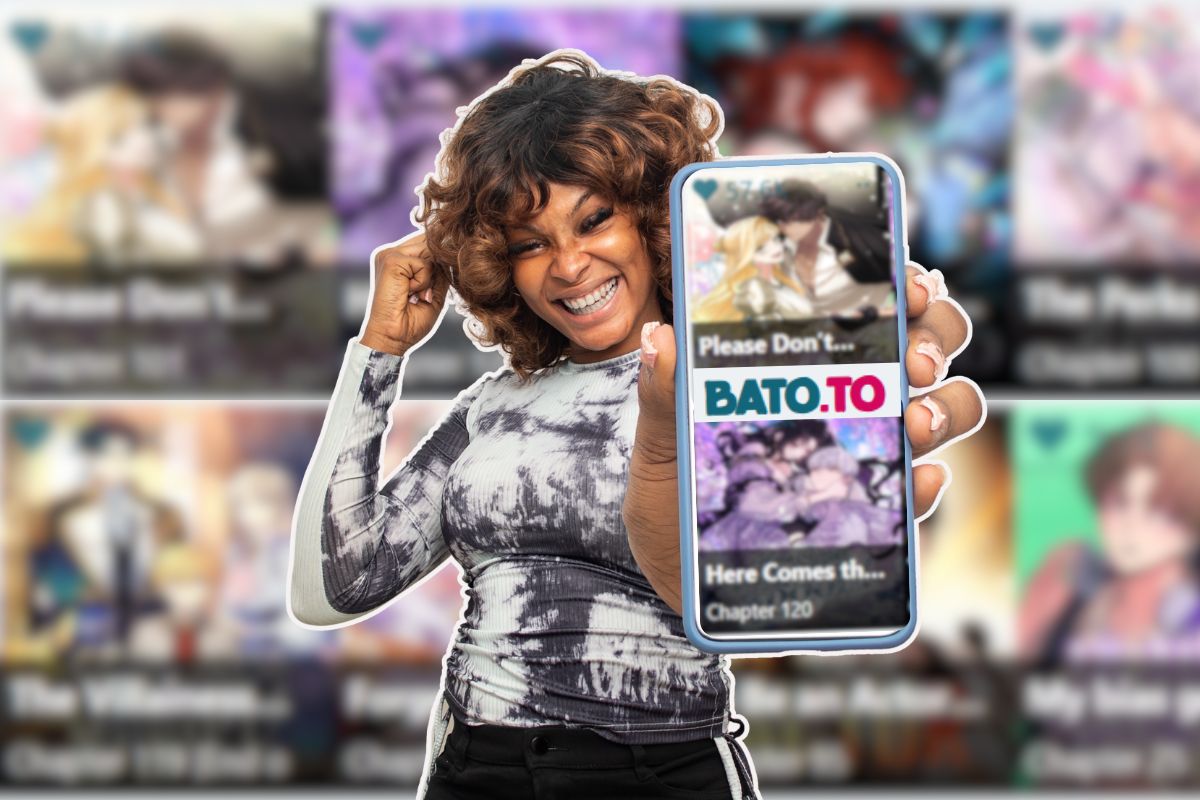Batoto – Read Free Manga Online with High-Quality Content

Batoto, or more commonly known as a manga heaven, was one of the highest trafficked online communities where a user could read and share manga. Due to its focus on community, Batoto differed from other manga sites in that it valued quality, revered creators, and maintained a productive atmosphere. While the original Batoto website went offline in 2018, its legacy continues due to its impact on the manga fan community and the spread of similar websites.
The History of Batoto
Batoto was started with the vision of developing a site that would provide a mechanism through which manga fans could view quality scans and translations without detracting from the efforts of scanlation groups. In contrast to most other manga sites that had utilized unauthorized content and obnoxious advertising, Batoto set out to make the experience more ethical and friendly for the users. It provided a means for scanlation groups to post their own work directly and therefore retain control of their work and guarantee the readers the best possible quality.
The site quickly won the attention of manga readers due to its massive library, tidiness, and respect for authors and scanlators. It became a go-to site for readers looking for an extensive range of manga titles, from popular bestsellers to underrated gems.
What Made Batoto Unique
There are certain things that distinguished Batoto from other manga sites:
1. Respect for Scanlation Groups
Batoto permitted scanlation groups to own their work, i.e., have the ability to delete their content if they so desired. This policy created trust and partnership between the site and the scanlation community and was the preferred option by most groups.
2. High-Quality Content
Unlike most sites that had the tendency to have low-quality scans, Batoto cared less about quality. The site made sure that the readers were exposed to quality, readable translations of manga that improved the overall reading experience.
3. Ad-Free Experience
Batoto provided users who registered on the site with an ad-free experience, making it stand out from other manga sites that typically had obtrusive ads. This made the site more accessible and pleasant to readers.
4. Community-Driven Approach
Batoto’s user-centric model of operation stimulated users to participate in the site through the availability of the manga, contributing feedback, and participating in forums. Its co-creative nature facilitated the availability of a sense of belonging among communities of manga fans.
The Shutdown of Batoto
In January 2018, the founder of Batoto published a notice stating that the site would be closing down due to mounting difficulty in keeping the site up and running and shifting landscape of sharing manga online. The news was unexpected to the manga community, which had grown used to Batoto as a top source of good manga.
Even though it was shut down, Batoto’s influence on the manga world could not be denied. It became a benchmark for moral and user-friendly manga websites, inspiring other sites to create in its image with the sole purpose of continuing its legacy.
The Legacy of Batoto
While the original Batoto site is no longer operational, its legacy continues to be felt across the manga community. A number of sites have since risen to fill the gap left by Batoto, taking on its quality standards, respect for creators, and community interaction. Some of these sites are:
- Mangadex: Frequently referred to as a spiritual replacement for Batoto, Mangadex operates under the same philosophy by permitting scanlation groups to host and control their own content. It is typically utilized by readers who desire a Batoto-like experience.
- Vatoto: A forum-based website that is more of a community hub for ex-Batoto members and scanlation groups. It does not host the manga itself but allows for discussion and collaboration.
The Role of Ethical Manga Websites
Batoto’s business model put the role of ethical websites in the center of the web manga universe. By respecting scanlation groups’ efforts and ensuring a quality read, Batoto showed that one could run a platform that benefited creators and readers alike.
The shut-down of Batoto also highlighted the difficulties confronting ethical manga websites, such as the financial and logistical challenges involved in running such websites. With the development of the manga industry further, the need for sustainable and ethical distribution models is an important issue.
Conclusion
Batoto was more than a manga site—it was a community-supported, artist-friendly site that raised the bar on quality and ethics in online manga distribution. Although its closure brought an era to a close, its influence continues in the communities and sites that it has begotten. For fans of manga, Batoto will remain a shining hope of what can be done for a manga site if it focuses on quality, respect, and cooperation. If you want to learn more about the history of Batoto or how it impacted the world of manga, let me know!

